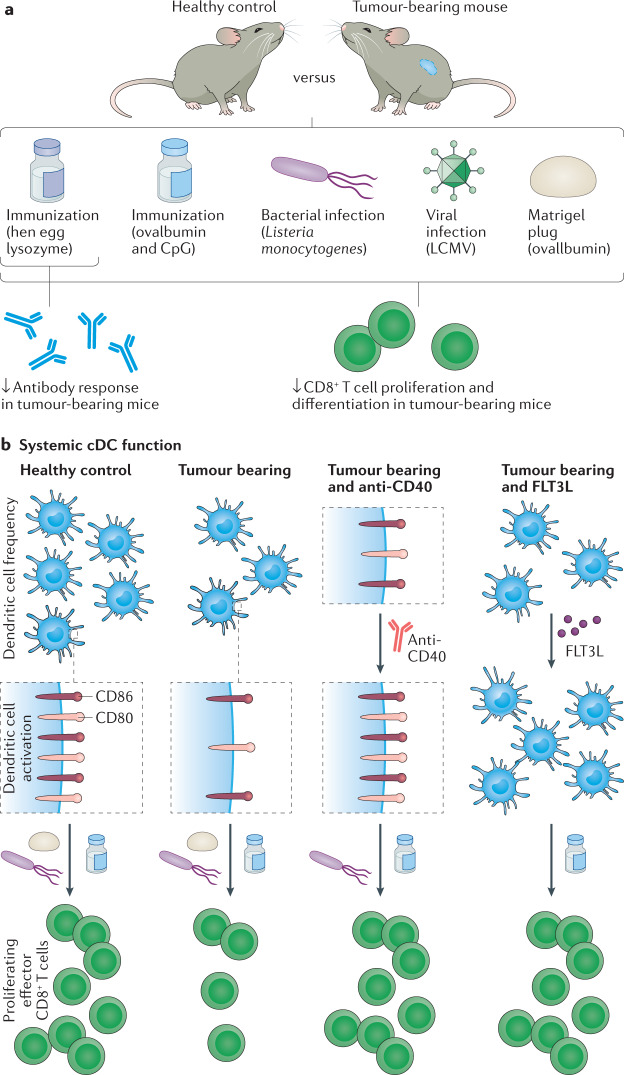Fig. 3. Secondary immune challenges in the context of cancer.
Orthogonal challenges that do not share antigens with the tumour and drive immune responses away from the tumour microenvironment have revealed functional impairments in tumour-burdened hosts. a | Various challenges in tumour-bearing mice, including immunizations, bacterial and viral infections, and a Matrigel plug containing a new antigen not expressed in the tumour have shown blunted CD8+ T cell proliferation and differentiation. An impaired antibody response has also been observed in response to immunization. b | Mechanistically, several of these challenges (immunization, bacterial infection and Matrigel plug) have been linked to systemic dendritic cell paucity or impaired activation, described in the draining lymph node (dLN) and spleen. The precise drivers of dendritic cell impairment in cancer are still being investigated, but they involve altered dendritic cell development and apoptosis induced by increased circulating IL-6. Immunotherapeutic interventions that activate dendritic cells (anti-CD40) or increase their abundance (FLT3L) have restored CD8+ T cell proliferation and differentiation. cDC, conventional dendritic cell; LCMV, lymphocytic choriomeningitis virus.

